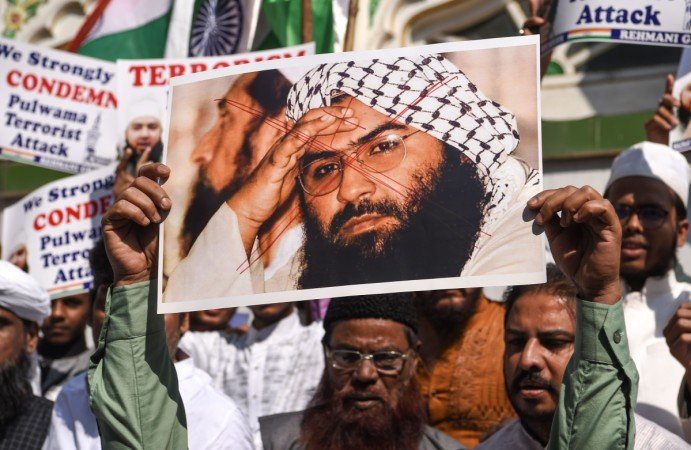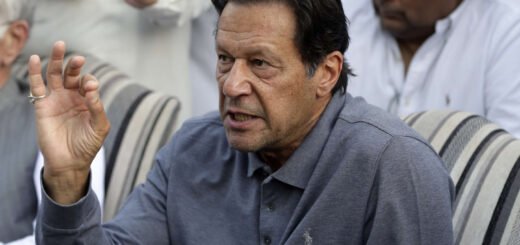What does the United Nations Security Council’s Resolution 1267 say?

China put a last-minute “Technical hold” on a proposal moved by the US, UK and France to designate Masood Azhar as a “global terrorist” under the 1267 Resolution Committee of the Security Council. However, China today defended its action, saying it “conducts a thorough and in-depth assessment of these applications and it still requires more time”.
What is a ‘technical hold’?
After the proposal is submitted to the 1267 sanctions committee, there is a ‘no-objection period’ during which any member can register their objections. If no objections are received by the end of this period, the proposal for listing is automatically adopted. The period ended at 3 pm New York time on March 13 (Wednesday). Just an hour before the deadline, China called for a hold on the listing, which delays any decision by another six months.
Officially, there is no word on which country has objected to the listing of Masood Azhar, as the proceedings of the UNSC sanctions committee take place behind closed doors and are only limited to the member states. The reason why India’s Permanent Ambassador to UN – Syed Akbaruddin refrained taking any name in his tweet.
What Resolution 1267 Says?
Background
United Nations Security Council resolution 1267 was adopted unanimously on 15 October 1999. After recalling resolutions 1189 (1998), 1193 (1998) and 1214 (1998) on the situation in Afghanistan, the Council designated Osama bin Laden and associates as terrorists and established a sanctions regime to cover individuals and entities associated with Al-Qaida, Osama bin Laden and/or the Taliban wherever located.
The Committee was established by resolution 1267 of 15 October 1999, which imposed an air embargo and an assets freeze on the Taliban, then the de facto Afghan government, for refusing to extradite Osama bin Laden in connection with the 1998 bombings of US embassies in Kenya and Tanzania. The Committee’s operations were expanded and modified in resolutions adopted in 2000, 2002, 2004, 2005 and 2006.
Listing & Dilisting
Aware of the problem of a lack of minimum standards of evidence or transparency in the listing process, and given the relatively high number of individuals on the list, the United Nations Office of Legal Affairs commissioned a study on the question: “Is the UN Security Council … obliged to ensure that rights of due process, or ‘fair and clear procedures’, are made available to individuals and entities directly targeted with sanctions under Chapter VII of the UN Charter?”
On 19 December 2006, the Security Council adopted Resolution 1730 (2006) to establish a de-listing procedure whereby those who found themselves on the list could petition the committee for it to consider their case. During the meeting, the French ambassador said that the inadequacy of the procedures had affected the efficacy of sanctions, and the ambassador for Qatar said that it did not go far enough in respect of legal norms and standards.
Why is India so keen on getting Azhar designated by the Security Council Sanctions Committee? What happens when the committee designates someone as a global terrorist?
Below are the three main results of sanctions imposed by the committee:
Asset freeze
All member states of the United National are required to freeze without delay the funds and other financial assets or economic resources of designated individuals and entities.
Travel ban
All member states are required to prevent the entry into or transit through their territories by designated individuals.
Arms embargo
All member states are required to prevent the direct or indirect supply, sale and transfer from their territories or by their nationals outside their territories, or using their flag vessels or aircraft, of arms and related material of all types, spare parts, and technical advice, assistance, or training related to military activities, to designated individuals and entities.
The sanctions committee also oversees the implementation of the sanctions measures and reports annually to the Security Council on the implementation of these measures.
Azhar’s designation as a global terrorist would’ve forced Pakistan to act against him and individuals and entities associated with him. This will effectively mean total immobilisation of Azhar and shutdown of his organisation and its institutions such as terror camps and madrasas.



















